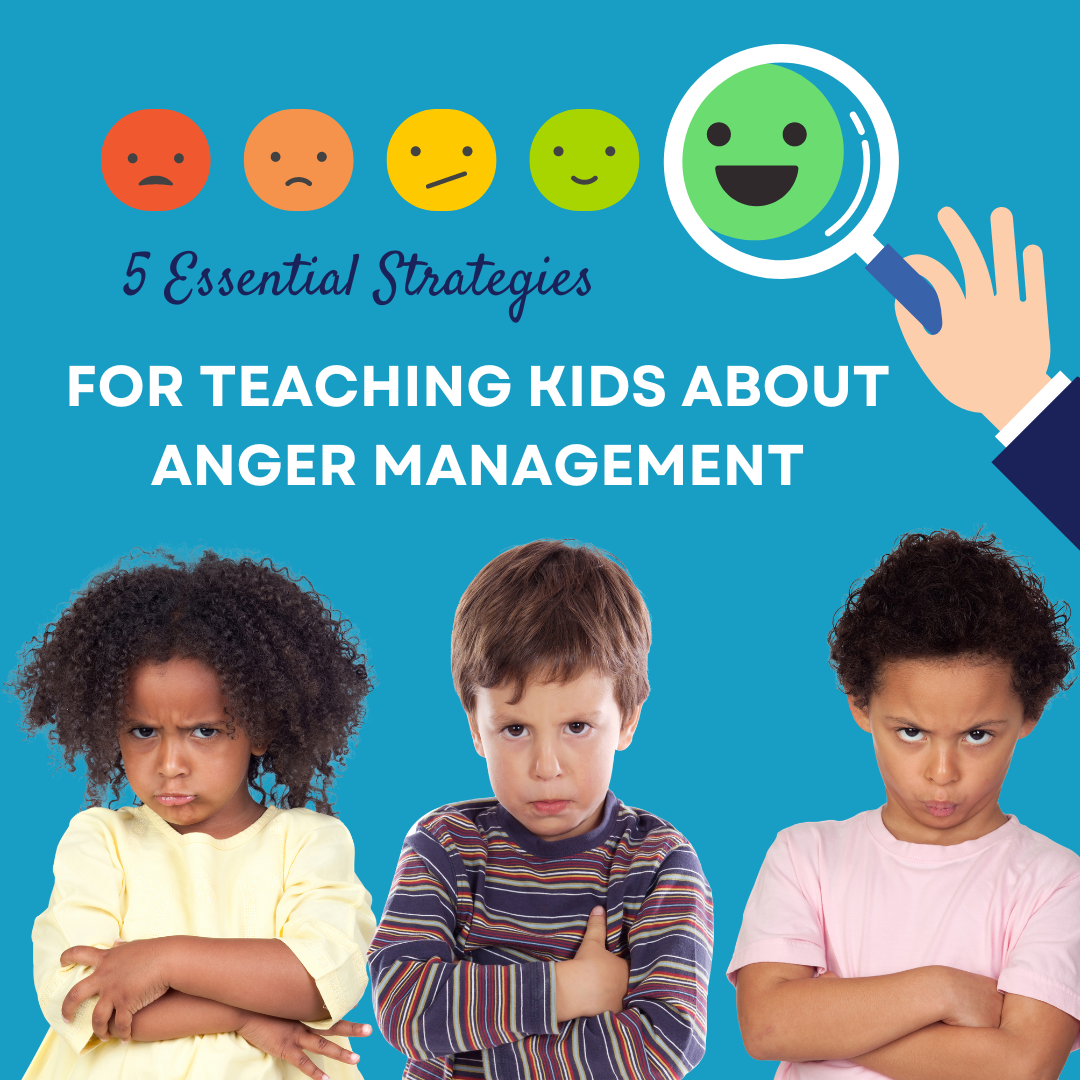
Anger is an emotion everyone experiences, but it can be challenging for children to manage. Kids may struggle to understand the anger and how to express it in a healthy way. As parents and teachers, we want our kids to learn anger management skills early on to develop healthy relationships with others as they grow up. Teaching kids anger management strategies is essential for helping them become emotionally intelligent individuals who can handle their anger effectively and communicate peacefully with others. Here are five essential strategies for teaching kids about anger management.
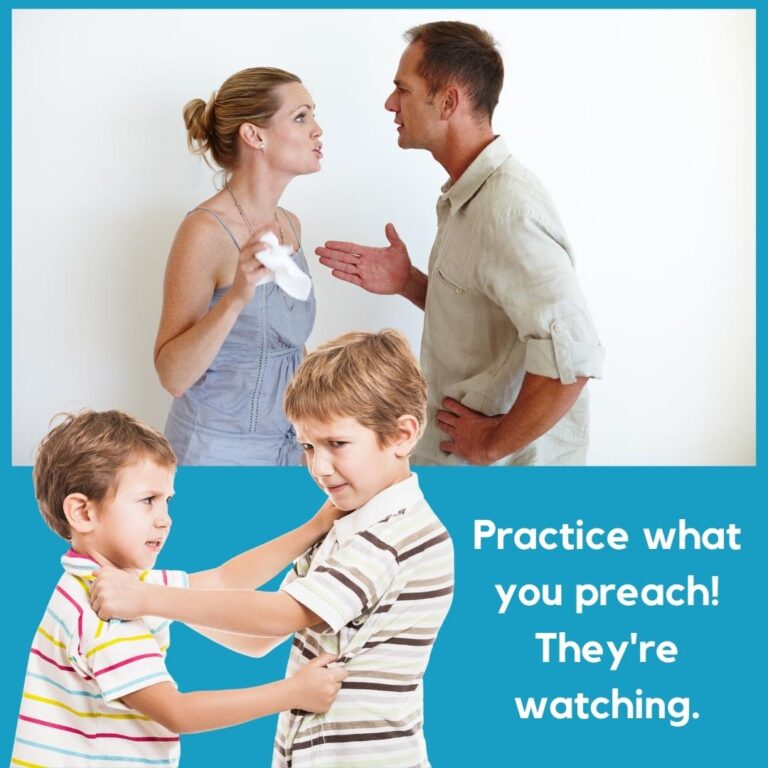
1. Model Healthy Conflict Resolution:
Teaching anger management starts with modeling healthy conflict-resolution skills. You can demonstrate how to handle anger constructively by staying calm and avoiding outbursts or anger-fueled arguments. Show your kids how to express their feelings assertively, listen to the other person’s perspective, compromise, and resolve issues through respectful dialogue.
2. Teach Childhood Coping Skills:
Help your kids develop coping skills that are appropriate for their age level. This could include deep breathing exercises, counting down from 10 before responding to anger-inducing situations, journaling about emotions, taking a break from a situation before getting too heated, or going for a walk. These strategies help kids learn to regulate their anger and find healthy outlets to manage it instead of acting on it impulsively.
3. Offer Reassurance:
Reassure your children that they can make mistakes and that expressing anger appropriately without hurting themselves or others around them is okay. If they have difficulty controlling their emotions, remind them that everyone has bad days, but anger is manageable if they practice the tools you’ve taught them. Giving kids positive reinforcement reinforces their progress while boosting their self-esteem and helping them stay motivated in learning anger management strategies.
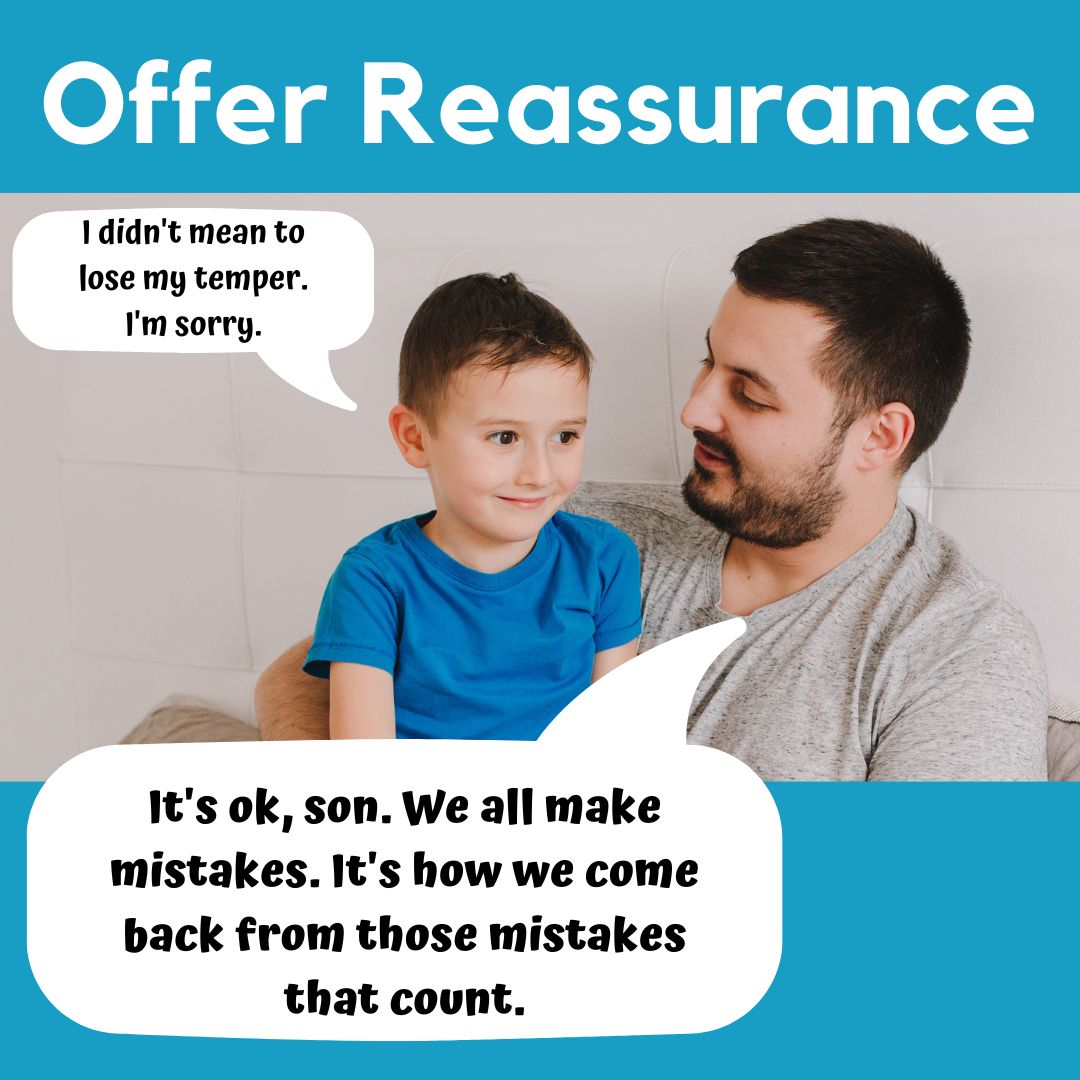
4. Explain the Consequences:
While focusing on anger management strategies for children, it’s essential to explain how certain behaviors could lead to negative consequences like damaged relationships with friends or family members as well as physical harm or legal repercussions depending on the severity of an outburst or act of aggression taken out on another individual due to anger issues. Knowing these potential consequences helps children better understand why it’s important to learn how to control their anger and channel it into something more productive instead of lashing out blindly at someone else in anger-filled moments of frustration or hurt feelings.
5. Provide Support & Encouragement:
Lastly, providing both verbal and physical support will go a long way towards helping your child master anger management skills as they grow up. When they practice calming techniques such as deep breathing or counting down from 10, provide words of encouragement such as “Well done! You did a great job controlling your temper when things got tough!” With regular support and guidance from caring adults who understand their needs and challenges, children are more likely to stay motivated in learning effective anger management strategies that will help them maintain healthier relationships with others throughout life!
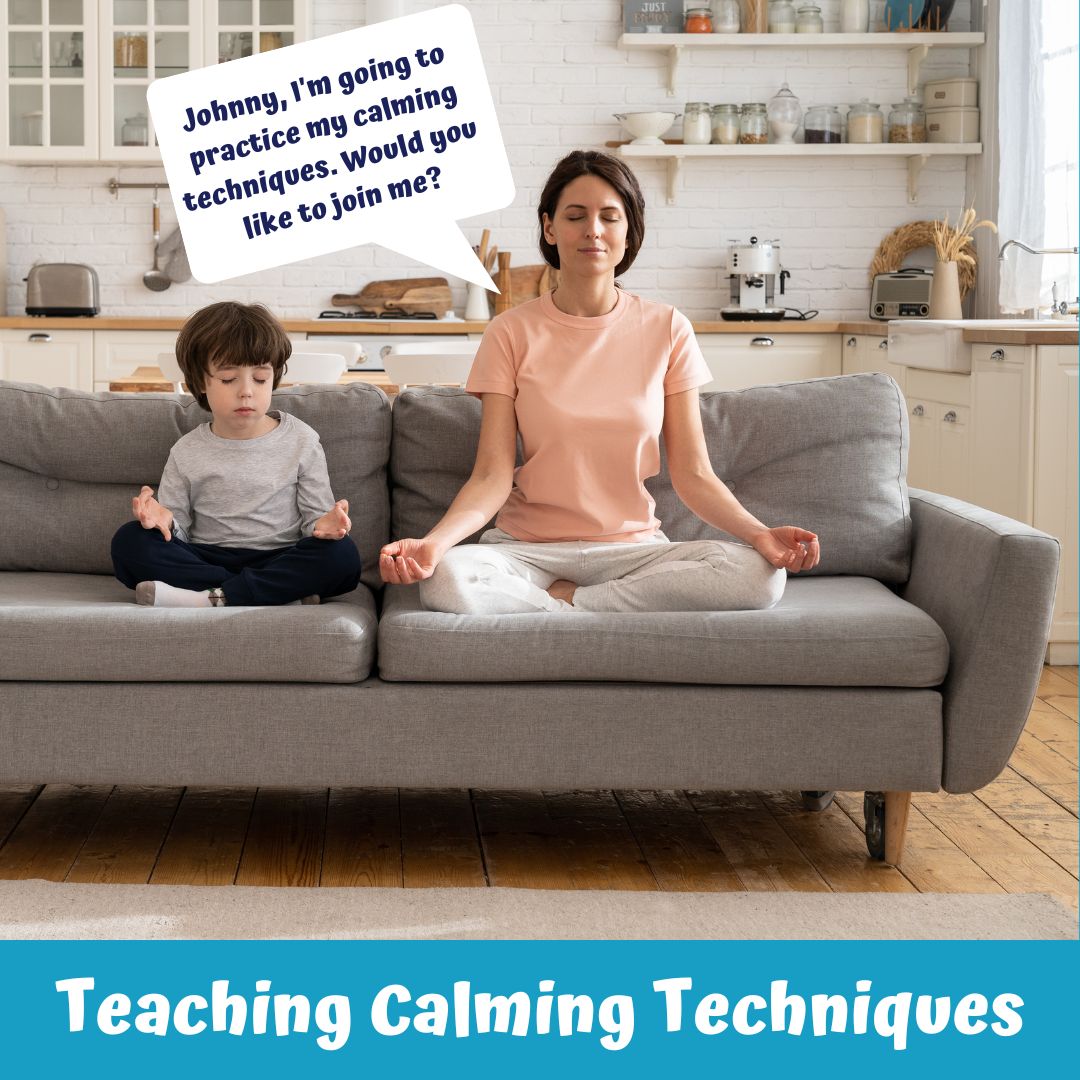
Children’s books can be beneficial tools for teaching valuable life strategies. Here is a selection of popular titles that inspire and empower young readers to grow into strong, confident individuals while taming their tempers.
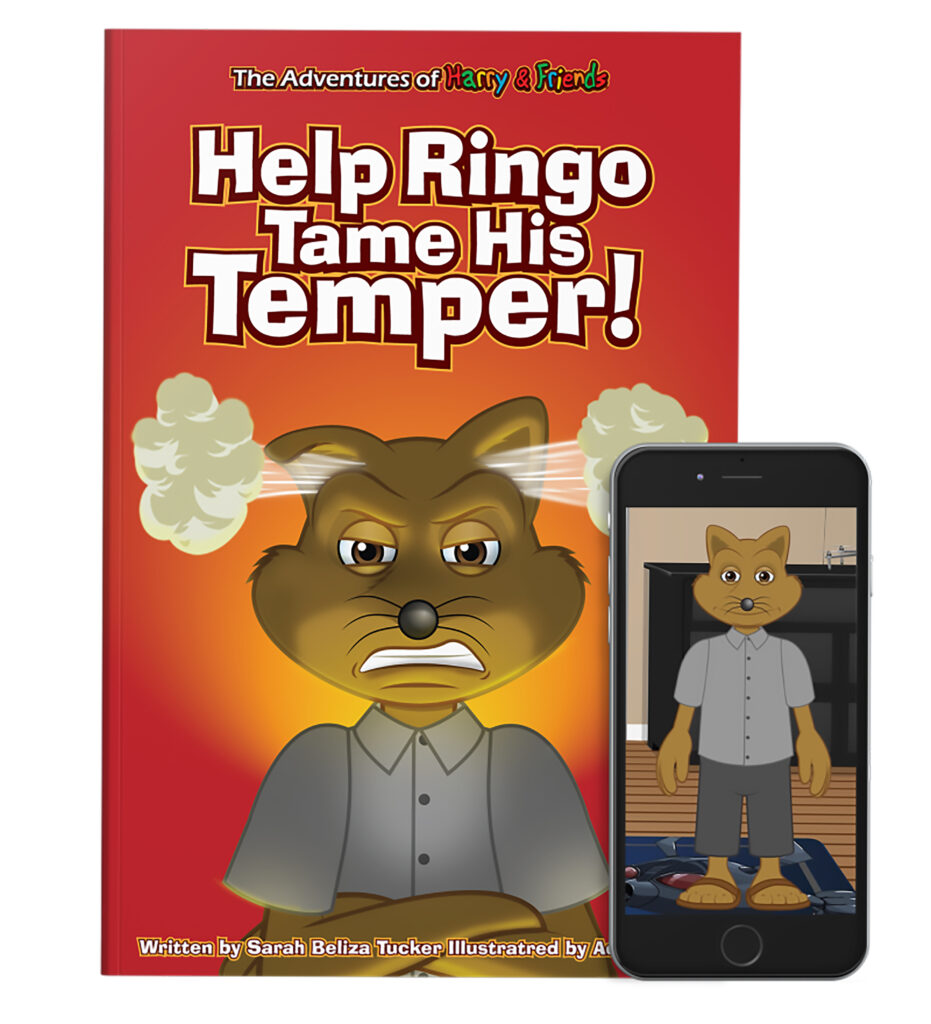
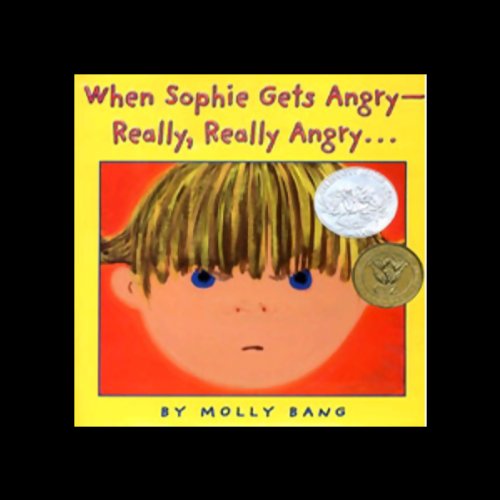
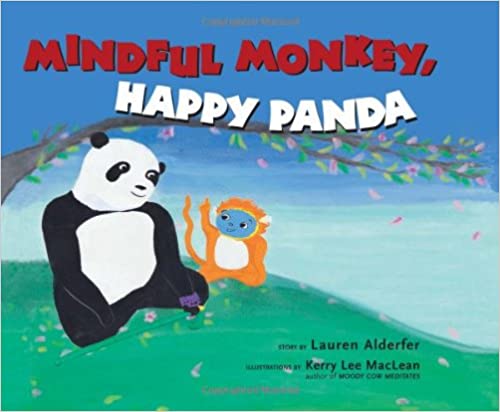
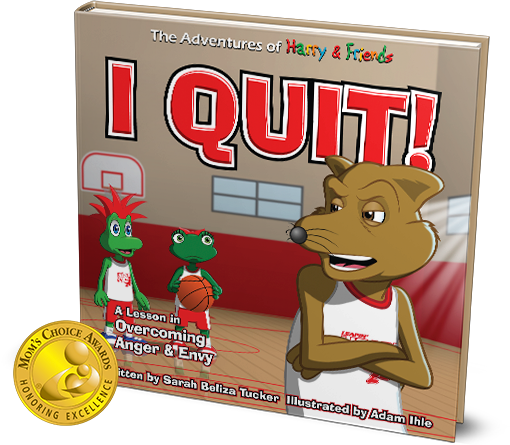
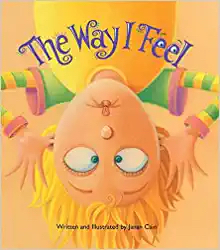
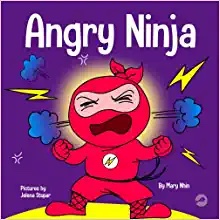
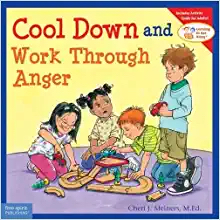
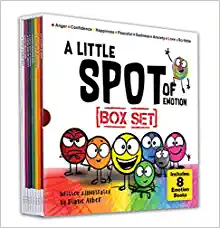
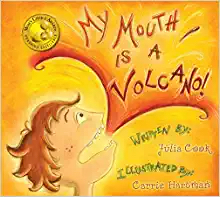
In Conclusion:
As our children grow and develop, we must provide them with the tools they need to manage their emotions and behavior effectively. Anger can be a very powerful emotion, but with the guidance of caring adults, children can learn how to understand and express their angry feelings in healthier ways. By modeling appropriate behavior, teaching them age-appropriate coping mechanisms, being understanding and supportive when needed, explaining potential consequences of anger outbursts or aggression towards others, and providing continuous encouragement, we are equipping our kids with the skills they need to become emotionally intelligent individuals who know how to handle anger without resorting to violence or verbal abuse. Every child deserves the opportunity to grow up free from fear caused by uncontrolled anger – let’s help ensure it starts with us!